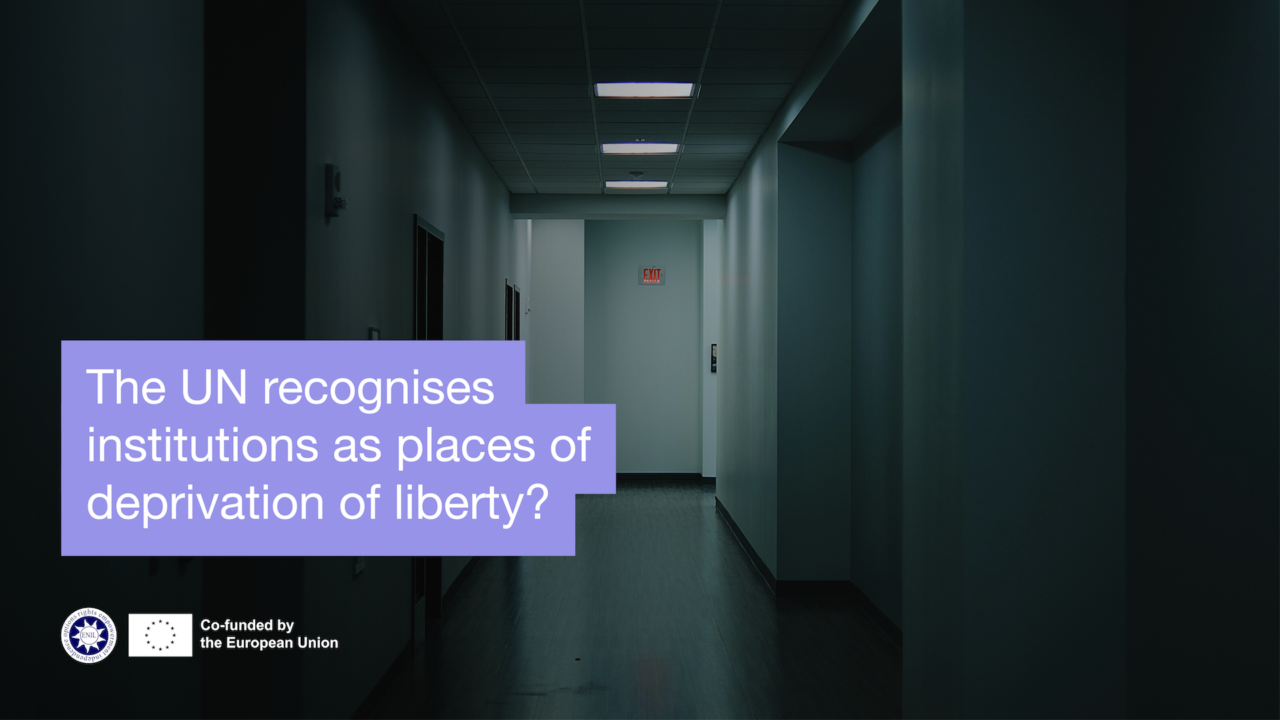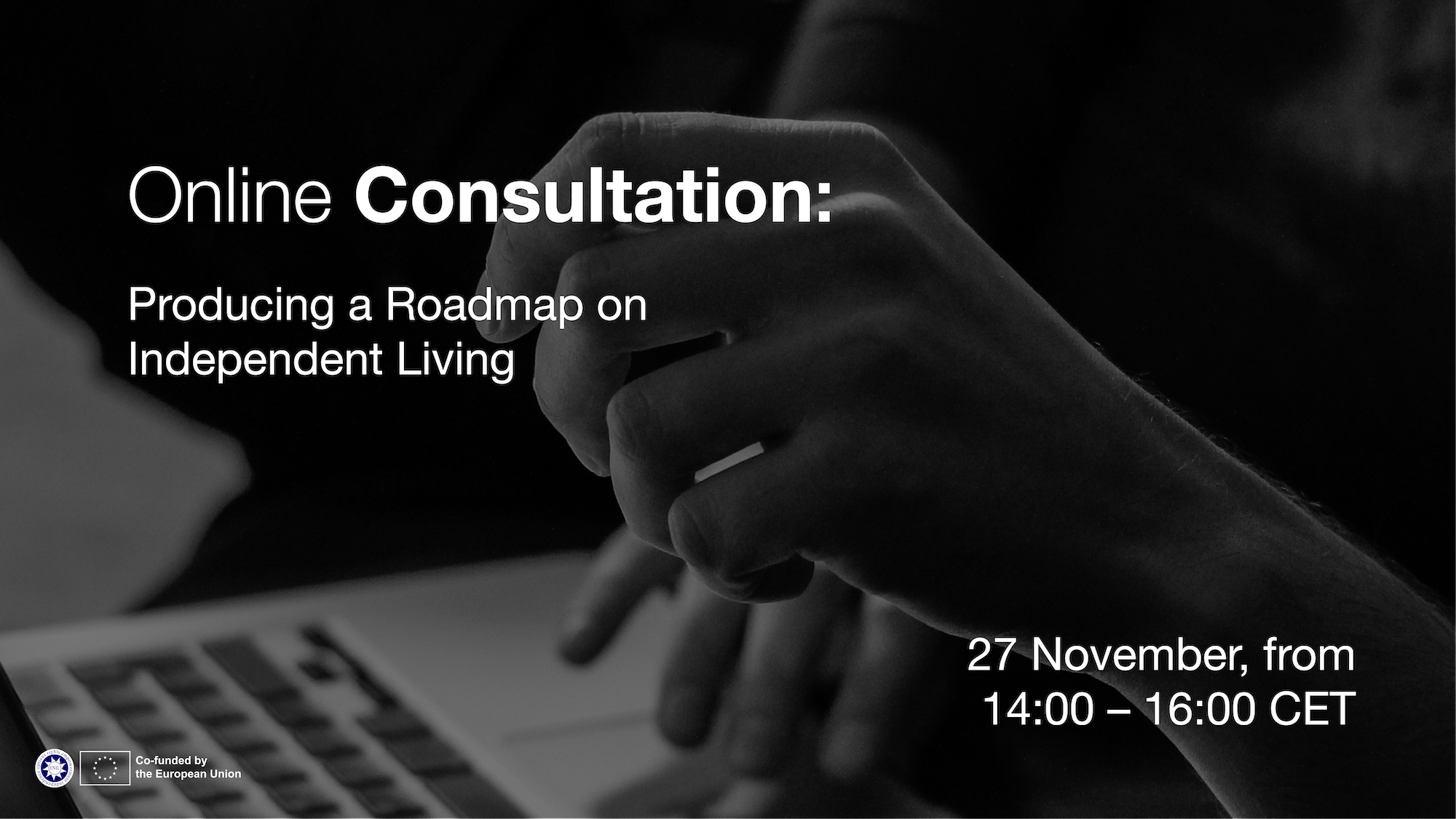The United Nations Subcommittee on Prevention of Torture and other Cruel, Inhuman or Degrading Treatment or Punishment (hereafter “the Subcommittee”) has recently released its General Comment n°1 on Article 4 of the Optional Protocol (places of deprivation of liberty). The Subcommittee was created in 2004 following the implementation of the Optional Protocol to the Convention against Torture. Its primary role is to work directly within Member States to prevent torture and ill-treatment in places where the deprivation of liberty occurs. The Subcommittee is a unique entity within the UN insofar as it conducts on-site visits to detention facilities, providing hands-on monitoring services. This operational approach is complemented by its advisory function, where it offers guidance to both State parties and national preventive mechanisms.
The General Comment of the Subcommittee has sought to define the places where the deprivation of liberty occurs. Such places will thus be liable for regular visits by the relevant monitoring bodies. The Subcommittee defines the term “deprivation of liberty” as “any form of detention or imprisonment or the placement of a person in a public or private custodial setting which that person is not permitted to leave at will by order of any judicial, administrative or other authority.”
A key strength of this definition, particularly for disabled people, is that it acknowledges that the deprivation of liberty can occur in either private or public settings. Moreover, the General Comment states clearly that disabled people suffer from deprivation of liberty in institutions, and obliges State parties to “prohibit, prevent, and redress torture and ill-treatment.”
In paragraphs 57 and 58, explicit acknowledgement has been given to the connection between the institutionalisation of disabled people and places of deprivation of liberty. The Subcommittee advances the understanding that the deprivation of liberty is not solely about physical confinement but is also about the conditions under which disabled people are compelled to live. For instance, if disabled people are unable to leave a family home or an institutional setting due to the unavailability of reasonable supports, that setting should be viewed as a place of deprivation of liberty. Thus, it is the lack of support that leads to deprivation of liberty. This interpretation is significant because it shifts the focus from the nature of the facility to the lived experiences of disabled people and the availability of necessary support to ensure their ability to live independently.
The general comment further expresses the concern that, in practice, national preventive mechanisms have lacked the proper mandate to monitor places where deprivation of liberty occurs. Such places often include those where disabled people are held or where they may be overrepresented. The General Comment will therefore play a crucial role in ensuring that national preventive mechanisms will no longer be impeded from carrying out their essential work.
It must be noted that the support for national preventive mechanisms does not imply support for the continued existence of institutions. The unfortunate reality is that institutions for disabled people continue to operate, and, while they exist, national preventive mechanisms are required to ensure that further human rights violations are not committed.
The Subcommittee also highlights the duty of State parties to ensure that “victims of past State violence and institutionalization” receive full reparation. This includes, but is not limited to, those from “social care institutions, orphanages and other closed-type institutions.” It further stressed the need for “compensation, satisfaction, and rehabilitative services” to be provided by the State to victims of institutionalization “without [them] being required to file a formal complaint.”
ENIL welcomes the General Comment on Article 4 of the Optional Protocol and hopes it will lead to better monitoring of abuses in institutions.



